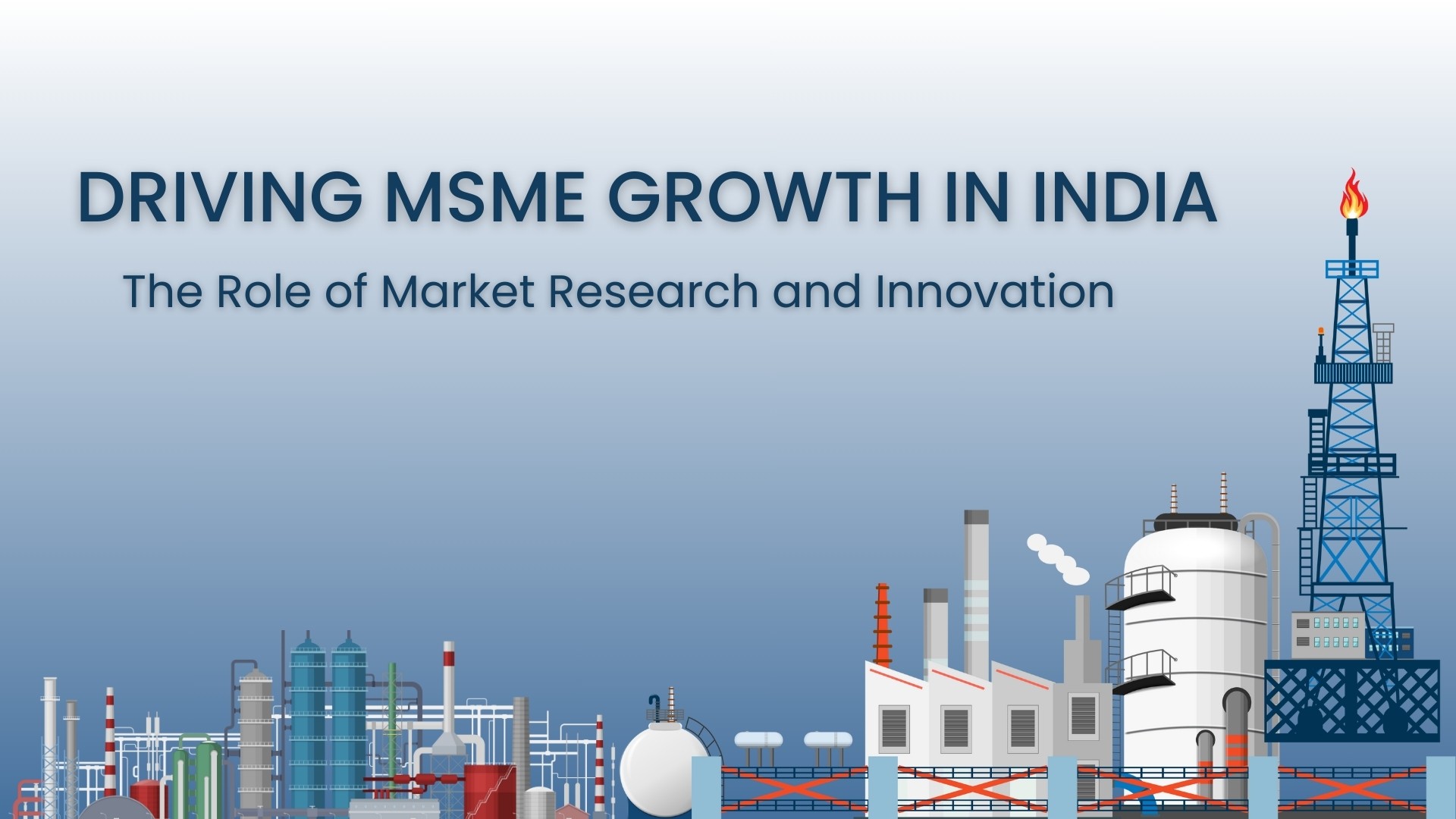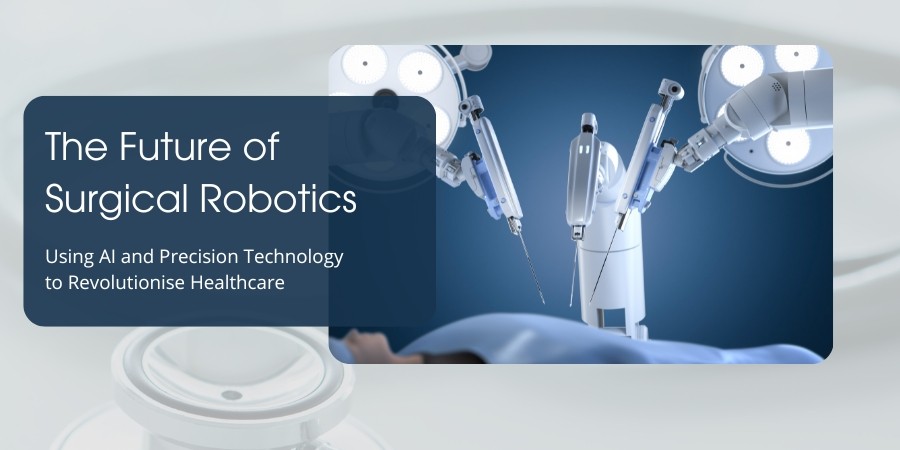
Explore HealthTech’s $800B+ future by 2030 — from bio-digital twins and regenerative medicine to quantum-AI breakthroughs and green hospitals. Discover how global innovators, startups, and investors are driving healthcare’s next era. Velox guides you toward smarter, faster, sustainable innovation.

Growth without strategy is guesswork. In today’s fast-moving markets, startups and MSMES need more than ambition—clarity, direction, and adaptability. That’s where strategy becomes essential. We partner with businesses to craft growth strategies rooted in real market insights, emotional intelligence, and future-ready frameworks—helping you scale confidently and purposefully.

From boardroom to shop floor, digital twin platforms enable faster decisions, smarter designs, and future-ready ecosystems. See how industry leaders are turning complex systems into intelligent, people-first solutions.

Indian MSMEs, which employ millions of people and contribute 30% of the country's GDP, are the backbone of the economy and encompass industries like pharmaceuticals, technology, electronics, textiles, petrochemicals, and automobiles. Many, nevertheless, have trouble competing and growing. Market research helps SMEs develop strategies for long-term success by offering insightful information about trends, competition, and demand.

AI, real-time imaging, and precision robotics will contribute to the explosive rise of the worldwide surgical robotics market. This market is revolutionizing minimally invasive procedures and is expected to reach $17.5 billion by 2029. Despite obstacles like exorbitant expenses and legal restrictions, the field is profitable due to new developments in telerobotics, nanotechnology, and growing markets.

The Union Budget 2025-26 emphasizes MSME growth, innovation, sustainability, and digital transformation. Key initiatives include enhanced credit, export support, and investments in AI, clean energy, and infrastructure development for inclusive growth.

Davos 2025, themed Industries in the Intelligent Age highlights AI, clean energy, smart manufacturing, sustainable mobility, and climate-smart agriculture. Global leaders emphasize strategic investments, policy reforms, and cross-sector collaborations to drive innovation, economic resilience, and global competitiveness in an AI-driven world.

The global Digital Twin market is projected to expand from $21.1 billion in 2024 to $119.8 billion by 2029, achieving a remarkable CAGR of 41.6%. Digital twins, driven by advancements in IoT, AI, and cloud computing, are revolutionizing manufacturing, healthcare, energy, and smart cities through predictive analytics and real-time optimization.

Pharmaceutical engineering is transforming with advancements in personalized medicine, biologics, digital health, AI, advanced drug delivery systems, and sustainable practices. These innovations are revolutionizing drug development, manufacturing, and patient care, driving growth and efficiency in the global pharmaceutical market.

Nanotechnology transforms industries with high-performance and sustainable advancements, impacting healthcare, energy, and agriculture. Precise drug delivery, efficient solar cells, and nano-fertilizers improve outcomes and create new markets. Investing in nanotech drives innovation and growth.

MedTech innovations such as AI, telemedicine, and wearable devices transform healthcare by enhancing diagnostics, personalizing treatments, and improving patient outcomes for a more efficient and accessible future.

Innovations in healthcare, which focus on personalized treatments and diagnostics, are revolutionizing patient care. The global digital therapeutics market is estimated to exceed $20 billion by 2030. Challenges such as regulatory hurdles and data security are crucial, alongside trends like AI and collaboration between tech and pharma. India's growth in this sector is notable, driven by government support and innovation, indicating a promising future for global healthcare advancements.